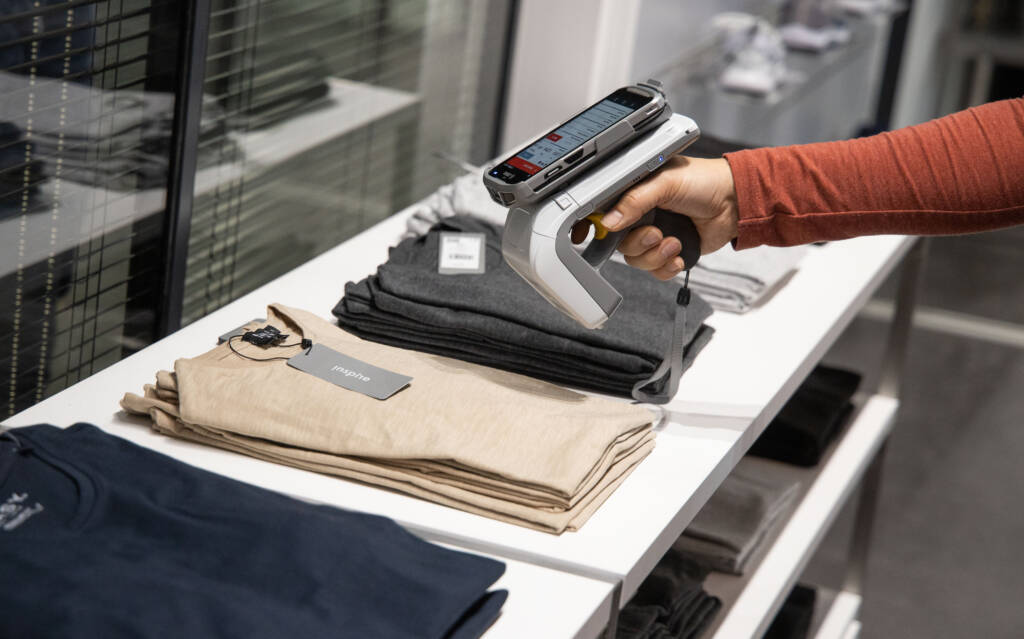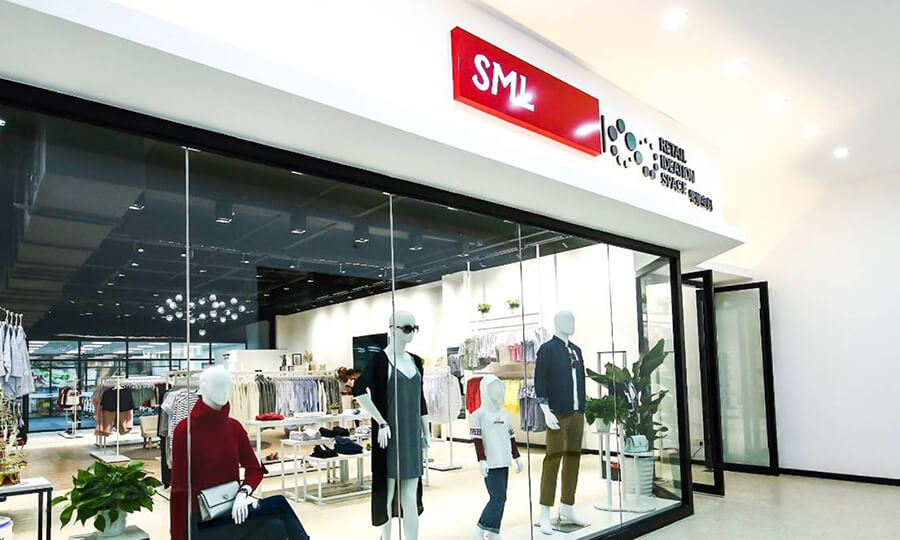RFID in Grocery Stores: Driving Compliance & Efficiency
Food regulation plays a crucial role in preventing food borne illnesses in the grocery sector by limiting the risk of human exposure and harm to contaminated foods. From farm to fork, grocers must have complete visibility of all products in the supply chain to ensure the food remains free from contaminants and safe to consume. With the right technology deployed, grocers can deliver this sustainable and efficient operation by having a visible network that monitors the movement of stock, drives efficient stock management, and therefore cuts labor costs, improves customer satisfaction, and streamlines operations.
Grocers can overcome these industry challenges by utilizing SML’S Clarity® Food solution, which leverages RFID technology throughout the supply chain to enhance traceability and drive compliance with food regulations.
Understanding FSMA
The Food Safety Modernization Act (FSMA) mandates traceability, record keeping and other preventive measures across the supply chain, which are essential for ensuring food safety. To comply with FSMA, grocers that manufacture, process, pack, or hold food products listed on the food traceability list (FTL) must maintain and provide essential data records and specific critical tracking events (CTEs). This new requirement means faster identification and removal of contaminated foods, resulting in fewer foodborne illnesses and pandemics.
Enhancing Supply Chain Operations
Grocers must ensure their food products are in line with safety standards around the globe. Our Clarity® Food solution enables grocers to trace and monitor products at every stage in the supply chain to ensure adherence to these regulations. By applying RFID tags at the pallet level, grocers can gain real-time visibility of the product journey to the consumer with a digital trail. With this information, grocers can provide accurate records and confidently meet food regulations.
Efficient Stock Management
While RFID delivers compliance, it also streamlines operational efficiency, while reducing transport and labor costs. The technology offers a more streamlined overview of the grocer’s supply chain and back-of-store operations, allowing them to make more informed business decisions that optimize stock use. Inventory management is a core challenge for grocery stores, particularly due to the perishable nature of food items. As a result, grocers must minimize food waste to maximize revenues.
To address this challenge, grocery retailers can use RFID technology to effectively manage inventory, with precise tracking allowing stores to identify expired or expiring foods throughout the supply chain quickly. Our Clarity® Food solution allows grocery stores to streamline their processes, enabling grocers to implement a First Expired, First Out (FEFO) approach which minimizes waste and ensures all perishable items can be sold safely before expiry.
Driving long-term success
RFID can empower grocery stores to operate at peak performance by optimizing food traceability, stock management and ensuring compliance. Our Clarity® Food solution can ensure efficiency and help grocers meet regulations while delivering a proven return on investment (ROI). Deeper insights into inventory ensure grocery stores run efficiently by enabling more informed business decisions into stock levels, transport needs, labor challenges, costs, and most notably, food regulation – all factors that drive long-term success.
Talk to SML’s RFID experts today to find out more about how RFID technology can drive a compliant supply chain in grocery.










